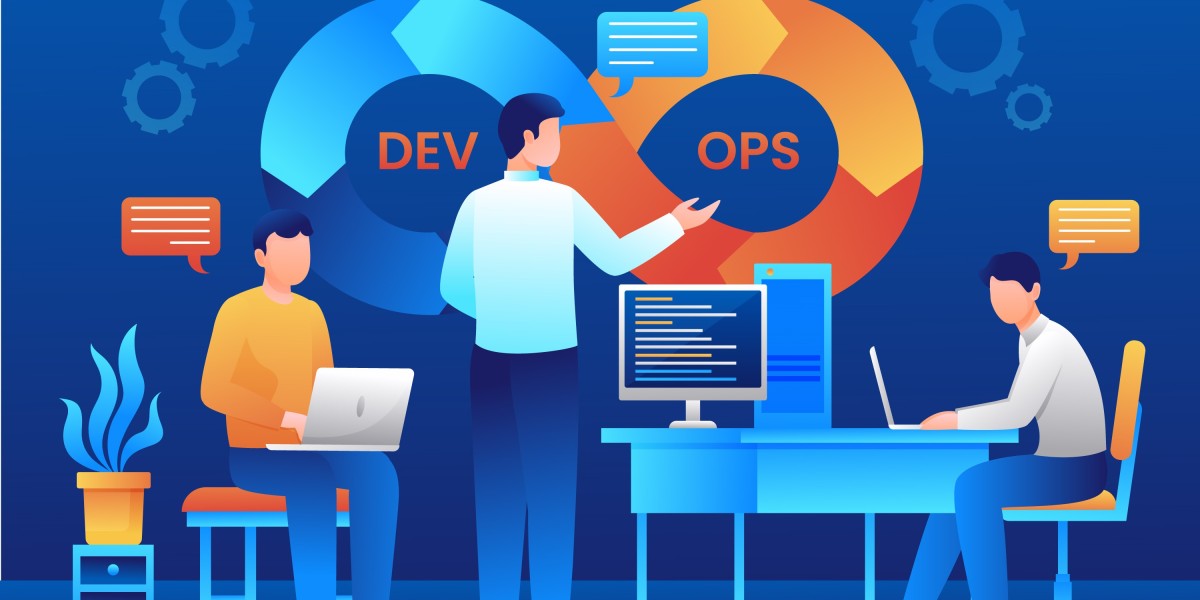In the ever-evolving landscape of technology, DevOps has emerged as a crucial methodology for streamlining software development and IT operations. As we look ahead, several trends are set to shape the future of DevOps services, transforming the way organizations approach development, deployment, and maintenance of software. In this article, we will explore some key trends that are likely to dominate the DevOps space in the coming years.
AI and Machine Learning Integration
The integration of artificial intelligence (AI) and machine learning (ML) into DevOps processes is a trend gaining momentum. AI and ML algorithms can analyze vast amounts of data, helping teams identify patterns, predict potential issues, and optimize workflows. Automated testing, anomaly detection, and intelligent decision-making are areas where AI and ML can significantly enhance the efficiency and reliability of DevOps practices.
DevSecOps: Security as a Priority
With the increasing frequency and sophistication of cyber threats, security is becoming a top priority in DevOps practices. DevSecOps, an evolution of DevOps, integrates security measures into every phase of the software development lifecycle. In the coming years, we can expect a more proactive approach to security, with automated security testing, code analysis, and continuous monitoring becoming standard practices.
Serverless Architecture Adoption
Serverless architecture, where cloud providers automatically manage the infrastructure, is gaining popularity for its scalability and cost-effectiveness. DevOps teams are likely to embrace serverless computing to build and deploy applications without the need to manage servers. This shift allows organizations to focus more on code development and less on infrastructure management.
Kubernetes and Containers Orchestration
Containers, particularly those orchestrated by platforms like Kubernetes, have become integral to DevOps practices. They enable consistent and efficient deployment across different environments. As organizations continue to scale their applications, the adoption of container orchestration tools is expected to rise, simplifying the management of containerized applications in a distributed environment.
GitOps: Continuous Delivery with Git
GitOps is an emerging approach that leverages Git as the single source of truth for infrastructure and application deployments. It emphasizes the use of declarative configurations, enabling teams to manage infrastructure and deployments through version-controlled Git repositories. This trend simplifies collaboration, enhances traceability, and promotes a more robust and auditable DevOps pipeline.
Edge Computing Integration
As the Internet of Things (IoT) continues to grow, edge computing is becoming a critical component of DevOps strategies. Edge computing involves processing data closer to the source, reducing latency and improving performance. DevOps teams will likely adapt their processes to accommodate the unique challenges of deploying and managing applications at the edge.
Collaboration with DevOps Teams and Business Units
DevOps services is not just a set of practices; it's a cultural shift that promotes collaboration between development and operations teams. In the coming years, we can expect an even greater emphasis on collaboration, extending beyond IT to include closer alignment with business units. This alignment ensures that DevOps practices are directly tied to business objectives, resulting in more efficient and impactful software delivery.
Conclusion
The future of DevOps is marked by a continuous evolution driven by technological advancements, security concerns, and the need for faster and more reliable software delivery. Organizations that stay ahead of these trends will be better positioned to navigate the complexities of modern software development and operations. As we move forward, embracing these trends will not only enhance the effectiveness of DevOps practices but also contribute to the overall success of businesses in an increasingly digital world.








